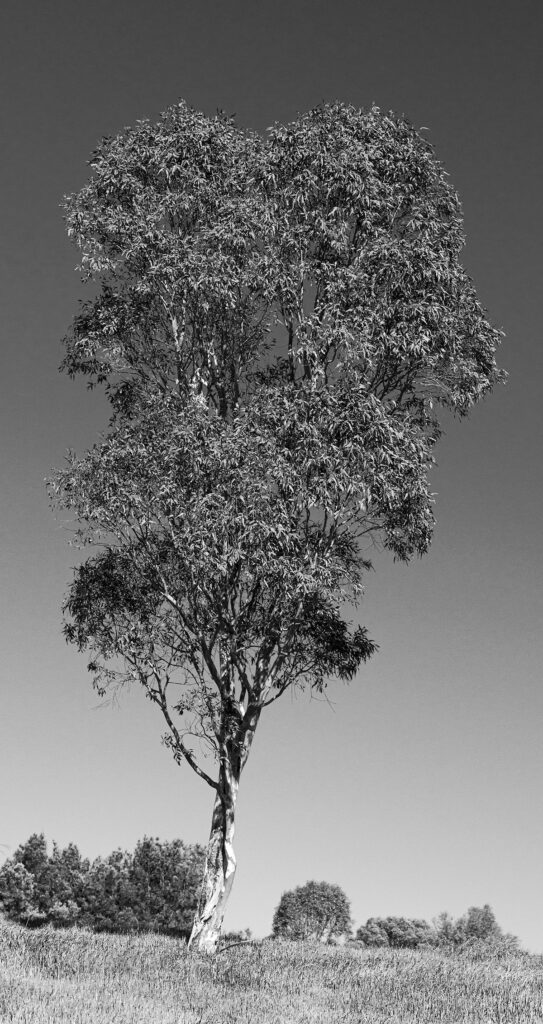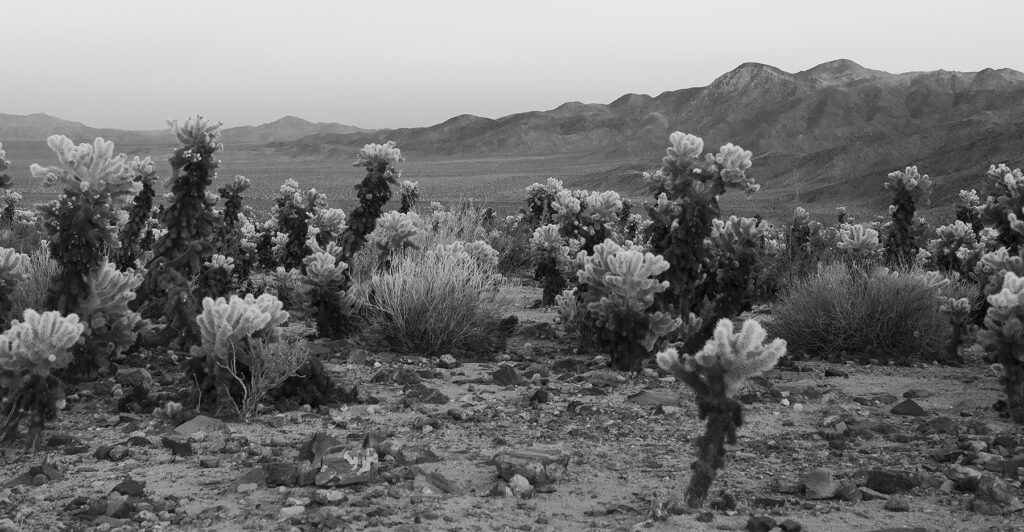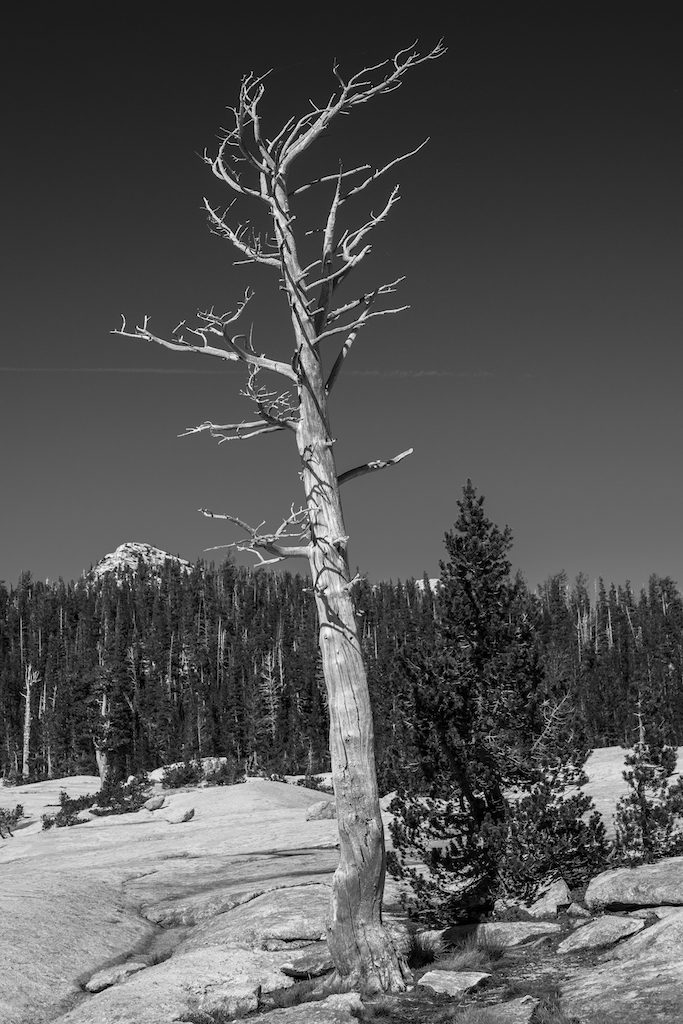Imam Ali (AS) said, Forgetfulness is darkness and loss (Ghurar al-Hikam h. 9737)


Imam Ali (AS) once took Kumayl out to the desert, and when they reached the desert, he let out a deep sigh and said, ‘O Kumayl, knowledge is better than wealth for wealth is reduced by spending – the spending of knowledge – flourishes, and any good of wealth ceases when wealth ceases to exist.’ (Mizan al-Hikmah – h. # 2179)

“… the physical world with its single matter is a single reality in flux…it is a single caravan moving towards its goal…”
Allama Tabatabai – Bidayat al-Hikmah

Mulla Muhsin Fayd Kashani (Spiritual Mysteries and Ethical Secrets – translation of Al Haqaiq fi Mahasin al-Akhlaq) suggests a distinction between hope and wish. Hope is based on effort towards attaining the goal – while a wish is devoid of such effort – and misplaced effort is more akin to self-delusion.
Spiritual Mysteries and Ethical Secrets pg. 313
The word ‘hope’ therefore, can be applied correctly to the anticipation of something positive and beloved, where all the necessary preliminary steps that are under one’s control have been put in place, and the only thing let is that which is not under one’s control, which is the Grace of Allah in averting calamities and disasters.
Hope is an essential quality that one may cultivate in one’s self – however for hope to be real and not a confused self-delusion or a mere wish – the preparatory work also needs completion.
Someone once came to Imam al-Sadiq (as) and told him,
‘A group of people who associate themselves with you are engaged in committing sins, but at the same time saying, ‘We hope in His mercy’.
He replied, ‘They are lying and are not our associates. These are people whose wishes swing them back and forth. one who truly hopes for something works for it, and one who fears something flees from it.’

و ثالثها تخصص الوجود بإضافته إلى الماهيات المختلفة الذوات و عروضه لها فيختلف
باختلافها بالعرض
“… in accordance with the different quiddities to which existence is related, and which differentiate it accidentally in accordance with their difference. ” (Bidayat al-Hikmah – Allama Tabatabai – trans. Sayyid Ali uli Qarai).
…”Letters written with ink do not really exist qua letters. For the letters are but various forms to which meanings have been assigned through convention. What really and concretely exists is nothing but ink. The “existence” of the letters is in truth no other than the “existence” of the ink which is the sole, unique reality that unfolds itself in many forms of self-modification. One has to cultivate, first of all, the eye to see the selfsame reality of ink in all letters, and then to see the letters as so many intrinsic modifications of the ink.” (The concept and Reality of Existence by Toshihiko Izutusu.)
Haydar Amuli … “The sea, when it is determined by the form of the wave, is called waves. The selfsame water, when determined by the form of the river, is called a river, and when determined by form of the brook, is called a brook. In the same way, it is called rain, snow, ice, etc. In reality, however, there is absolutely nothing but sea or water, for the wave, river, brook, etc. are merely names indicating the sea. In truth (i.e. in its absolutely unconditioned reality ) it bears no name; there is nothing whatsoever to indicate it. No, it’s a matter of sheer linguistic convention even to designate it by word sea itself”. And he adds that exactly the same is true of “existence” or “reality”. (ibid)
Link to an Amazon list on Islamic Philosophy
Below is Lecture 1 by Sheikh Dr. Shomali on Introduction to Islamic Philosophy; a series of lectures given for third year students of the Hawza Ilmiyyah of England in the academic year 2016-2017, based on the book: An Introduction to Islamic Philosophy Based on the Works of Murtada Mutahhari by Abd al-Rassul Obudiyyat (Author), Hussein Valeh (Translator). There are, at this time, 20 lectures on youtube and … “to be continued” . I recommend that if you are interested in philosophy, to get the above book, and follow/read along with these lectures.
Jawn ibn Huwayy ‘the African Slave’, and the Ethnicities of the Twelve Imams
by
AMINA
INLOES
The Islamic College, London, UK
ABSTRACT:
This paper explores how Shi‘i sacred history and hagiography communicate social norms about race. It problematizes the characterization of Jawn ibn Huwayy in the Karbala narrative as the African slave at the Battle of Karbala and traces the evolution of a racialized portrayal of him in Shi‘i texts. It also raises the question of whether Jawn ibn Huwayy actually existed, or whether he was a racialized construction built upon the stereotype of an African slave who entered communal memory later. It contrasts the ‘othering’ of Jawn through his Africanness against the common perception of an Arabo-Iranian norm, reinforced through drawings of the twelve Imams with Arab or Iranian features. This norm is then challenged through presenting the Imams in an ethnic image which reflects their racial backgrounds (as reported in Shi‘i narrations) to create cognitive dissonance and explore subconscious assumptions about race and divine authority in contemporary Shi‘ism.